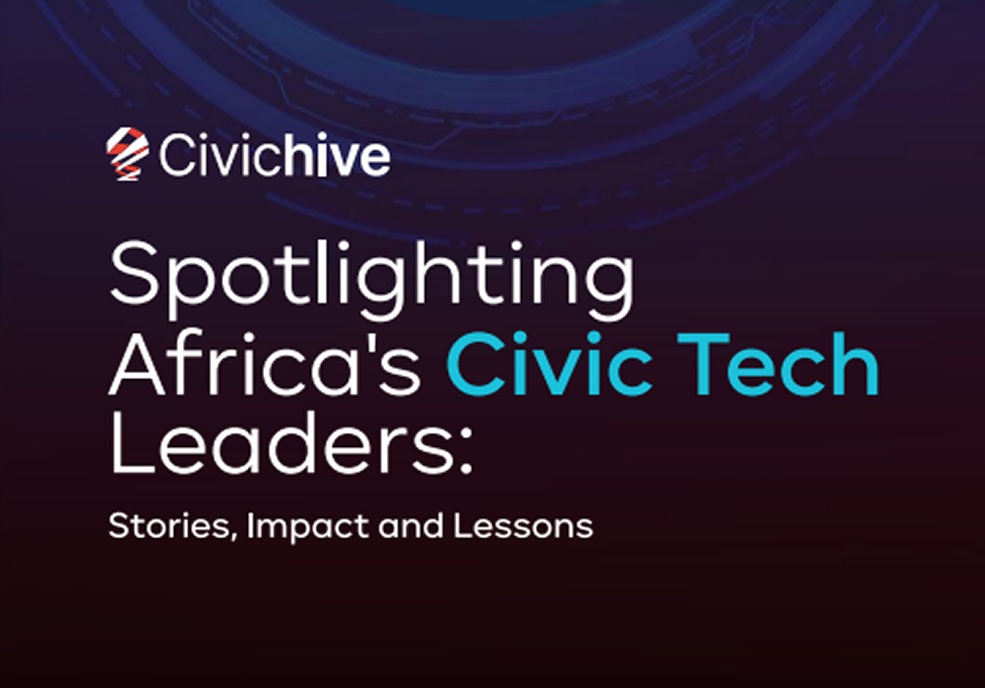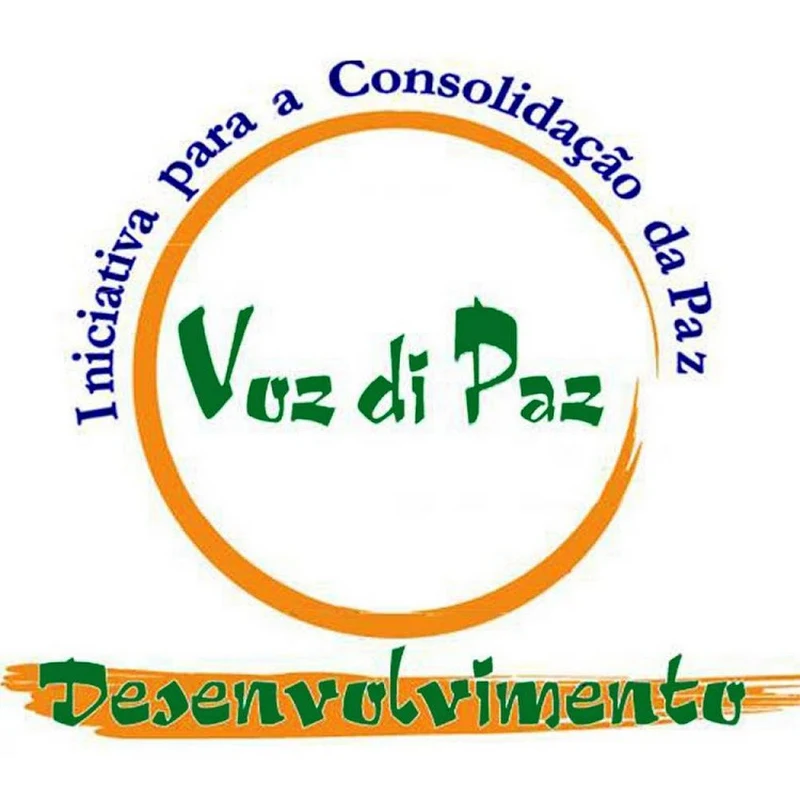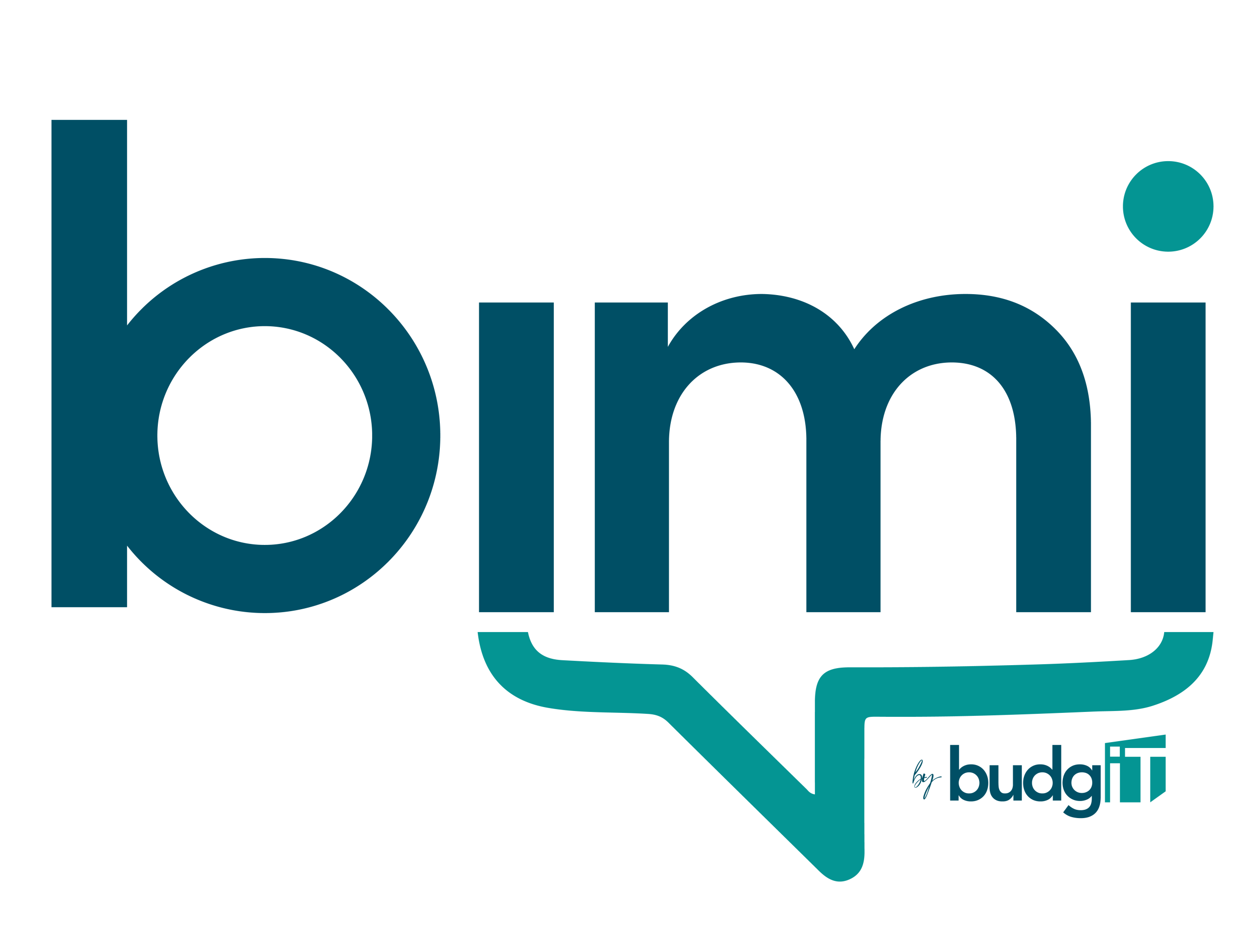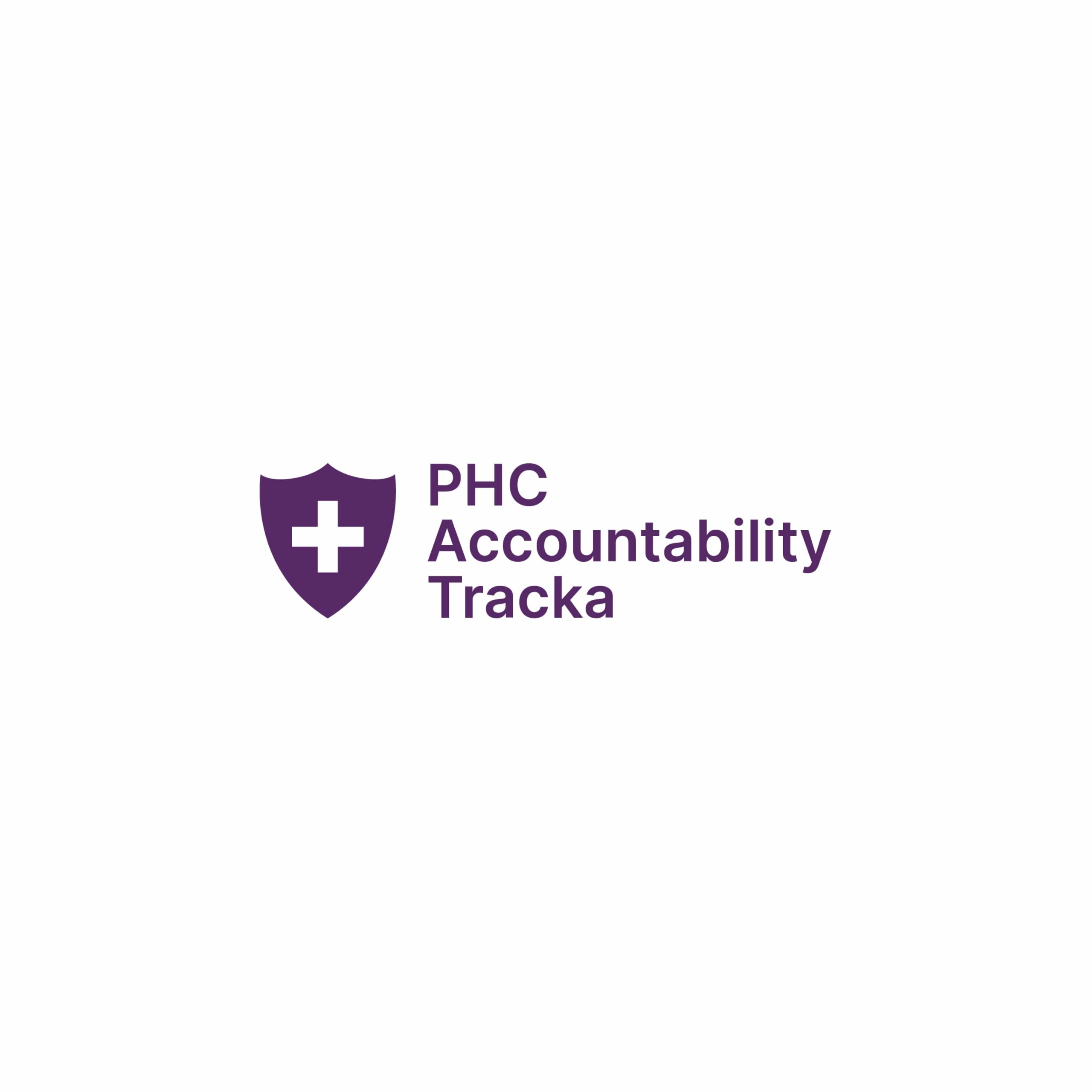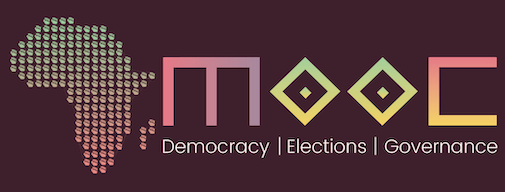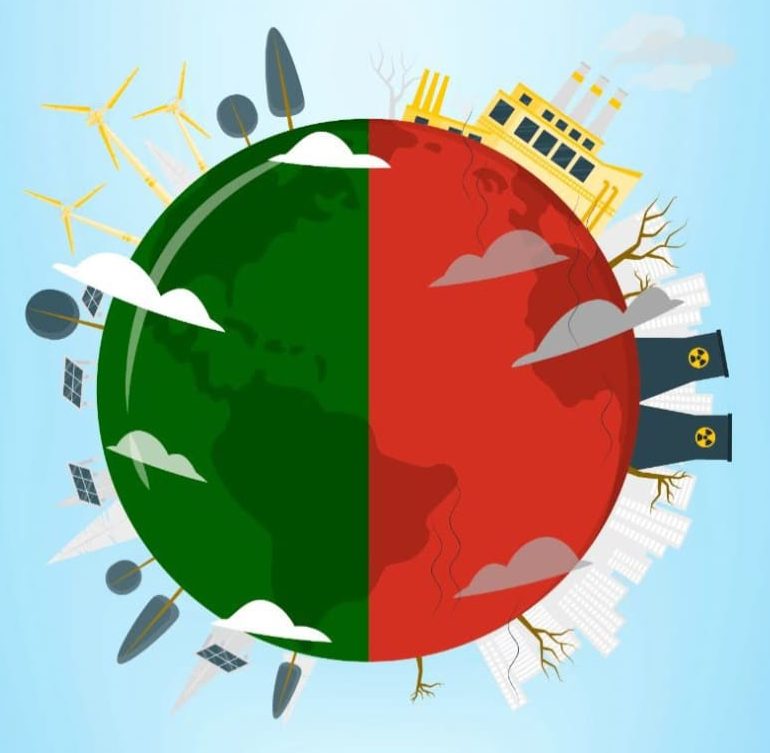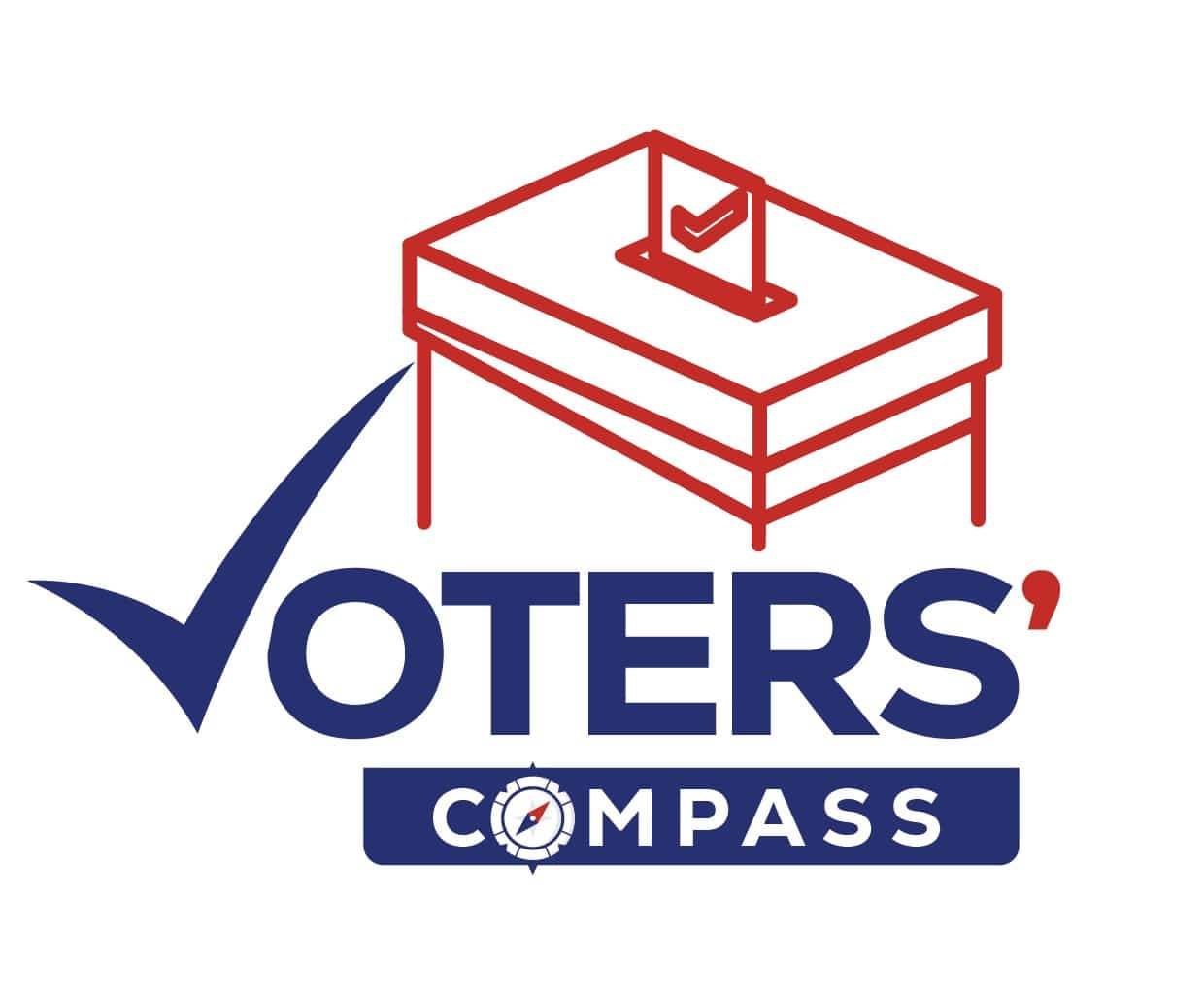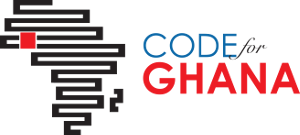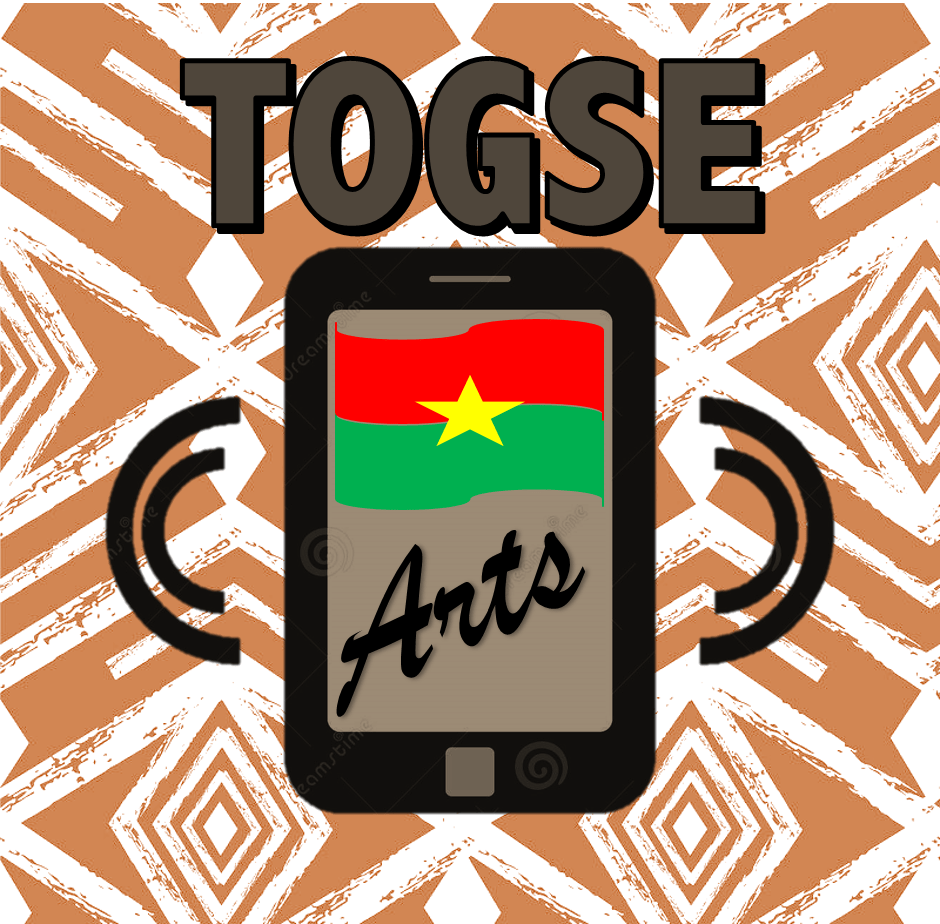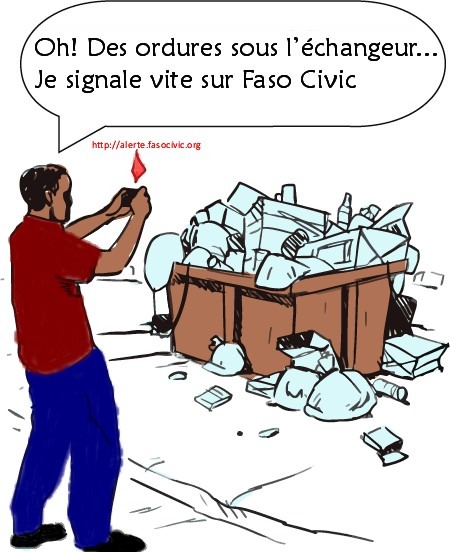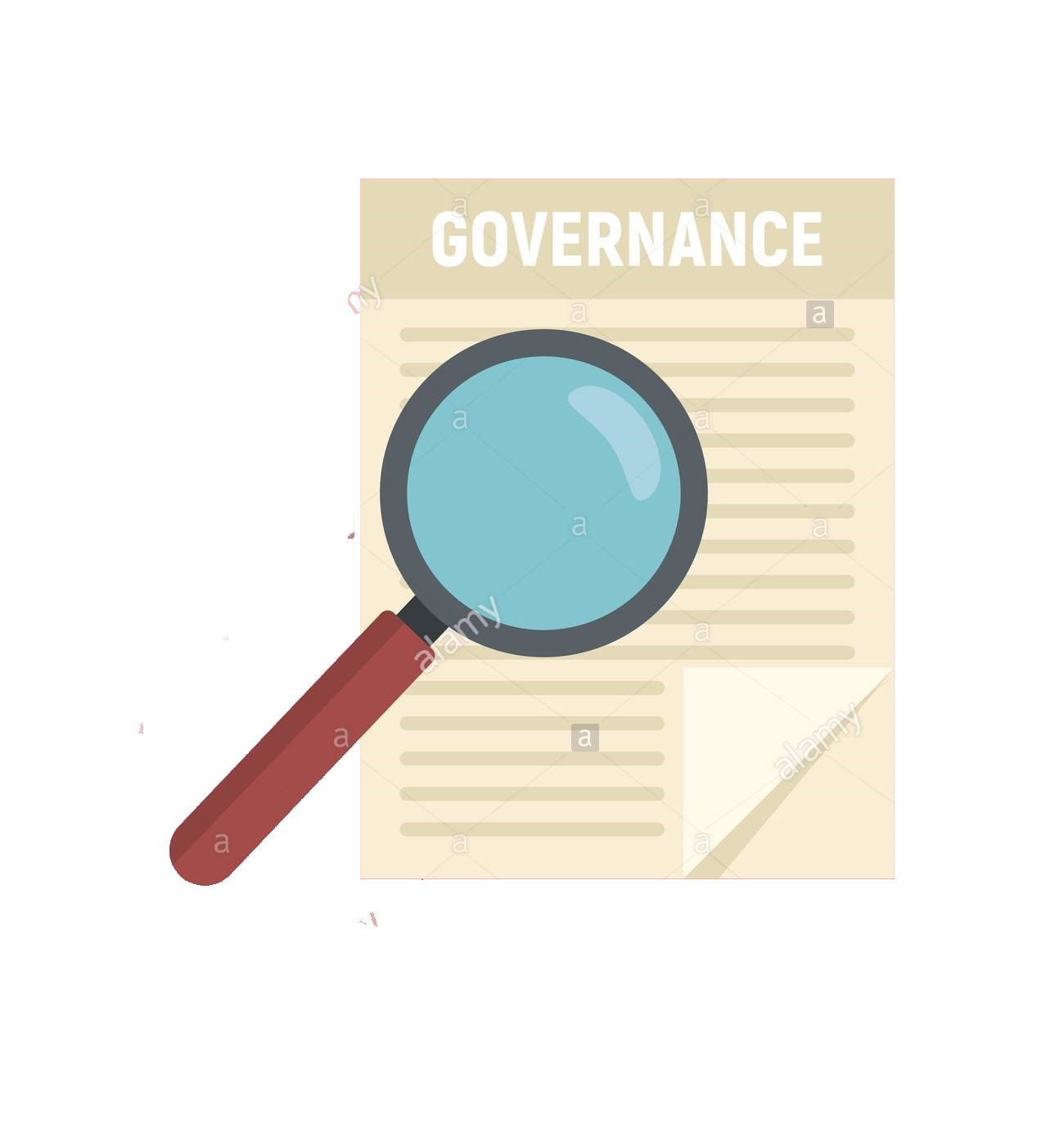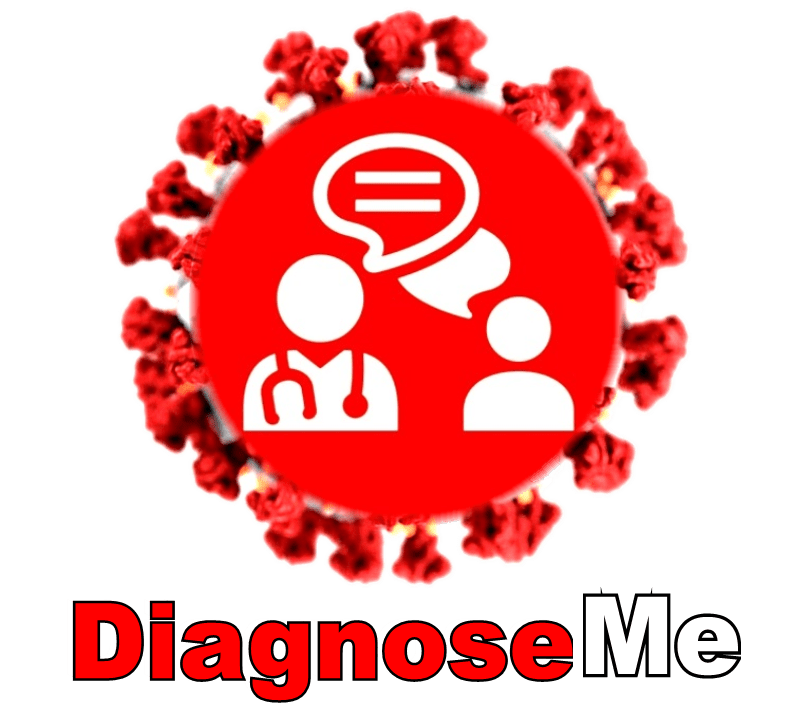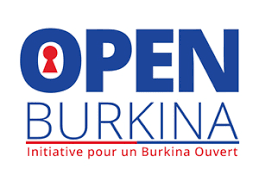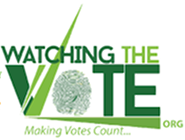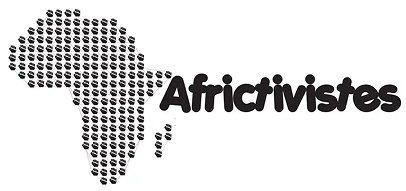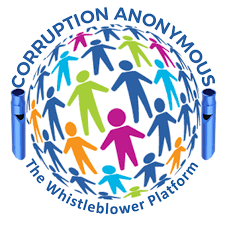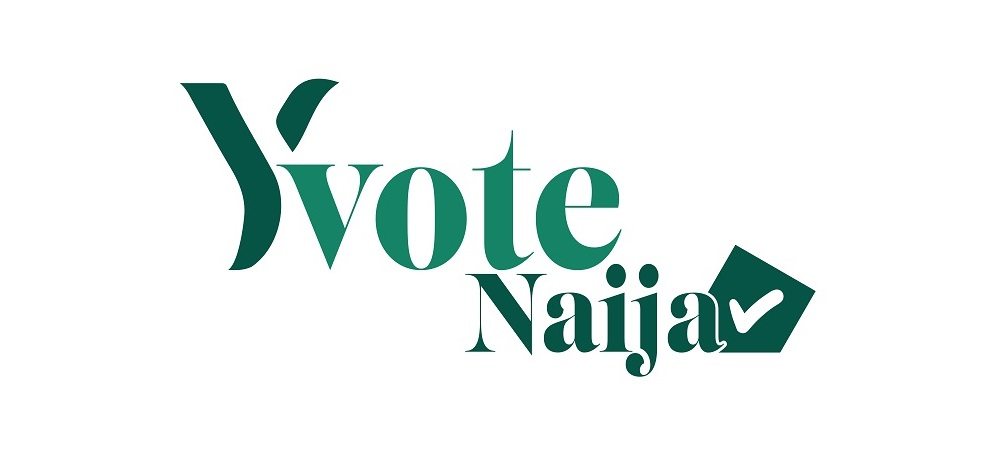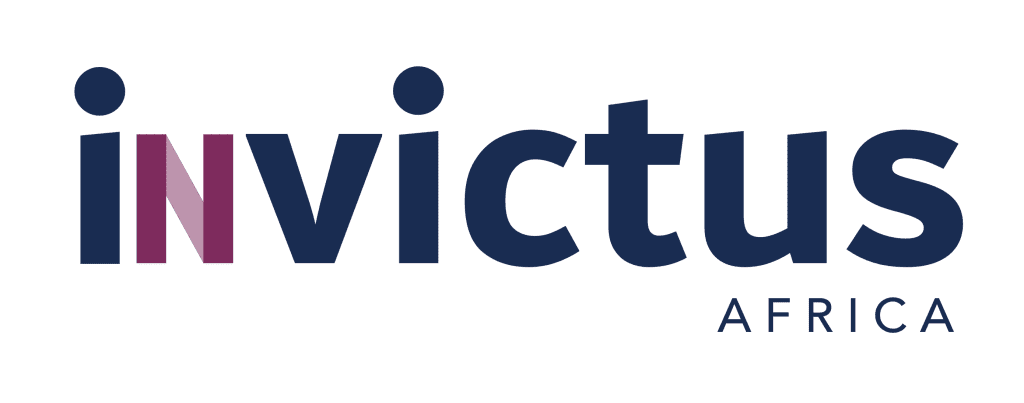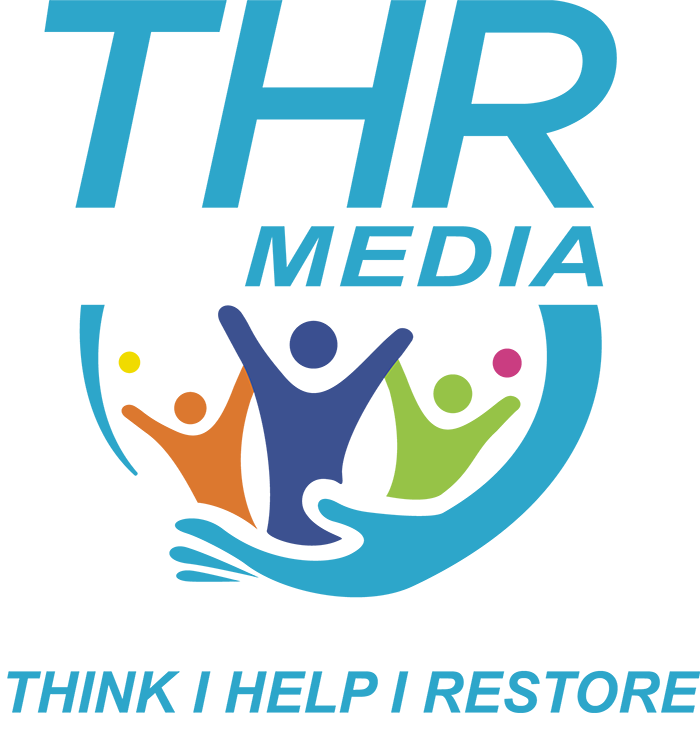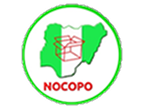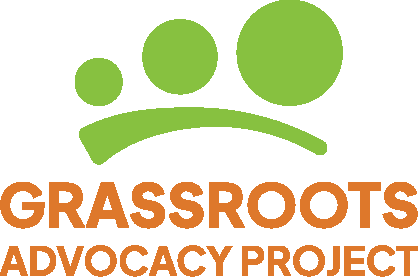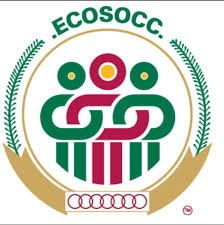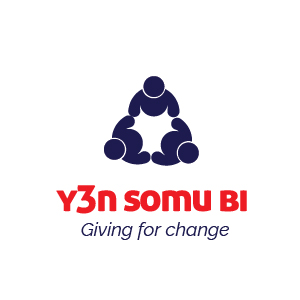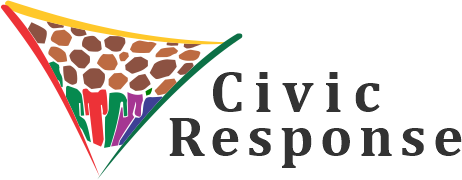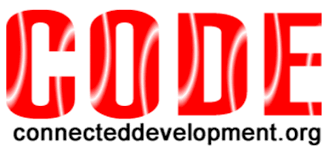I still remember the thrill of getting my first mobile phone in 2001—a sturdy Trium handset bundled with a Celtel SIM card (now Airtel). For someone who had endured the limitations of Nigerian Telecommunications Limited- NITEL’s analog landlines and coin-operated public payphones, this was revolutionary. International calls were once a luxury; suddenly, Nigerians could connect across regions despite exorbitant tariffs and frustrating drop calls.
Then came the internet era—first Facebook, later WhatsApp, Twitter (now X), and Instagram—transforming not just personal communications but also civic engagement. Citizens began discussing governance, politics, and societal issues openly. Governments, NGOs, and private entities started experimenting with tech-driven solutions to improve services and hold leaders accountable. This shift wasn’t unique to Nigeria; it echoed across Africa wherever telecommunications leapfrogged old barriers.
CivicTech’s Pioneers: From Budgets to Accountability
In Nigeria’s civic space, BudgIT Foundation emerged as a trailblazer. Its early work—simplifying complex national budgets into digestible infographics—democratized public finance data. As smartphones and internet access expanded, BudgIT launched tools like Tracka, enabling citizens to monitor government projects and report mismanagement. These innovations have exposed corruption, spurred anti-graft agencies into action, and recovered stolen public funds.
Yet BudgIT wasn’t alone. Government bodies like the Independent National Electoral Commission (INEC) adopted gov-tech for elections, while fintech revolutionized finance. However, recurring pitfalls—tech glitches, human manipulation, and transparency gaps—reveal that technology alone isn’t a silver bullet.
Mapping the Future of CivicTech
To address these challenges, BudgIT’s CivicHive has spent four years analyzing Africa’s civic-tech landscape through in-depth reports. These studies assess impact, identify lessons, and foster cross-border collaborations. Now, CivicHive is doubling down:
- 2025 West Africa CivicTech Report: A fresh analysis of the sector’s role amid democratic backsliding.
- West Africa CivicTech Conference & Hackathon (May 2025): Supported by the National Endowment for Democracy (NED), this Lagos event will spotlight and accelerate civic-tech solutions—especially in countries facing authoritarian reversals.
Why West Africa Matters
The subregion is a bellwether for African democracy. With its youth bulge and mounting governance crises, civic-tech offers a lifeline—but only if paired with protected civic freedoms. Our goal? To harness young innovators’ energy, refine tech solutions, and expand democratic spaces.
Citizen activism thrives where technology meets liberty. The question isn’t whether civic-tech is a game changer—it’s how we safeguard its potential to ensure democracy delivers.
Joseph Amenaghawon is Head of CivicHive, and Strategy/Growth Advisor at BudgIT.
